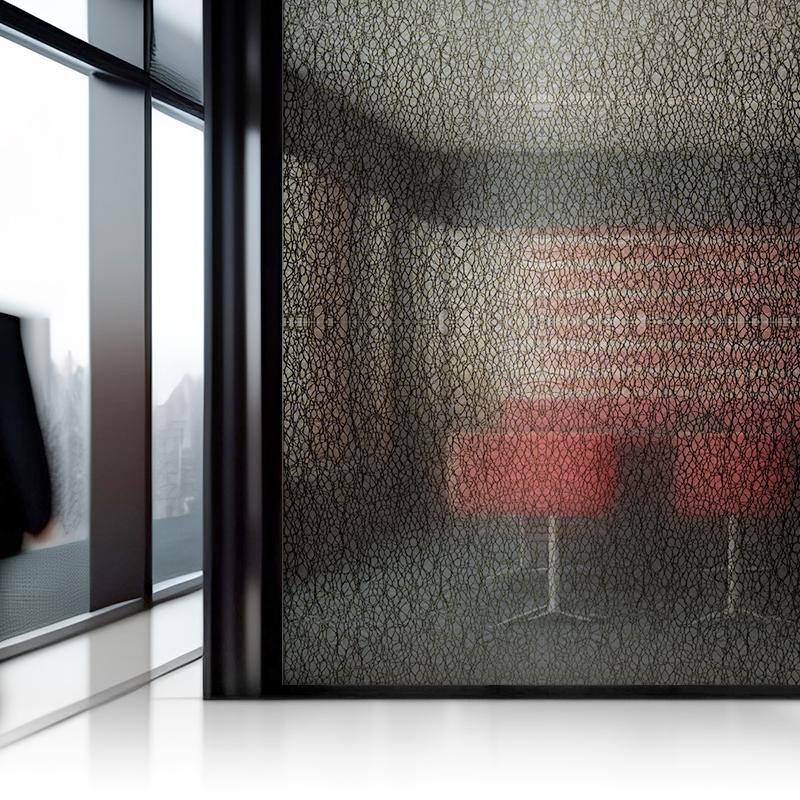Titanium nitride series Window Film G9015
 Support customization
Support customization
 Own factory
Own factory
 Advanced technology
Advanced technology
Titanium Nitride Window Film G9015 – UV Protection, Heat Insulation, and Enhanced Durability for Vehicles
Titanium Nitride Series Window Film G9015 integrates high-performance titanium nitride materials with magnetron sputtering technology, redefining automotive window film standards. Using nitrogen as a reactive gas and magnetic fields for precise ion control, it forms a multi-layer nano-composite structure on optical-grade PET. This intelligent coating delivers excellent heat insulation, high visible light transmittance, and low reflectivity—providing comfort, safety, and energy efficiency for drivers in all lighting conditions.

Super high thermal insulation performance
With aerospace-grade material technology as the core, it reshapes the automotive thermal insulation standard. Its core advantage comes from the unique structure of titanium nitride crystals - the perfect balance between high infrared reflectivity (90%) and low infrared absorption rate. Combined with the nano-level multi-layer matrix design, it builds an "intelligent spectrum selection system" to achieve a long-term thermal insulation effect that reflects heat from the source, breaking through the performance bottleneck of traditional heat-absorbing films.
Do not block the signal
In the era of smart cars and the Internet of Things, car window films must not only block heat, but also become a "transparent partner" for electronic devices. Through breakthroughs in material science, titanium nitride series car window films have completely bid farewell to the "signal cage" of traditional metal films, creating a zero-interference driving ecology for car owners.


Anti-ultraviolet
Titanium nitride (TiN) window film can effectively block more than 99% of ultraviolet rays. With quantum-level material technology, it builds an optical protection system that surpasses traditional film materials. Its anti-ultraviolet performance is not only reflected in data parameters, but also achieves long-term protection through the essential characteristics of the material, providing medical-grade protection for drivers and passengers and vehicle interiors.
Ultra-low haze
The low haze property ensures the pure light transmittance of the window film, reduces light scattering and refraction, and presents a crystal-clear visual effect. Whether it is the road details under strong light during the day or the halo control of car lights at night, it can maintain high-contrast clear imaging, avoiding the blurred images, ghosting or color distortion caused by high haze of traditional inferior films, so that drivers always have an "unobstructed" driving vision.

| VLT: | 17%±3% |
| UVR: | 99%+3 |
| Thickness: | 2Mil |
| IRR(940nm): | 90±3% |
| Material: | PET |
| Haze: | <1% |















